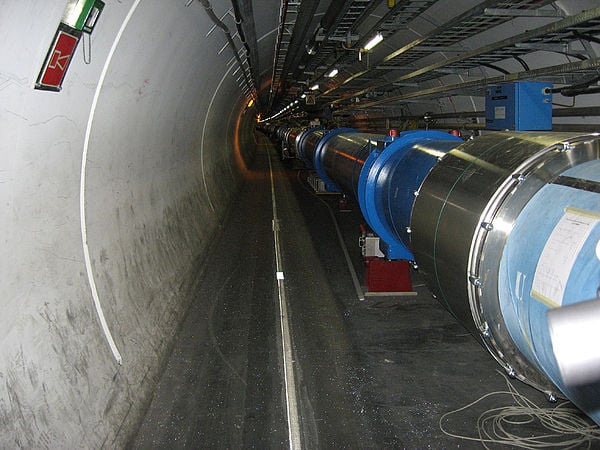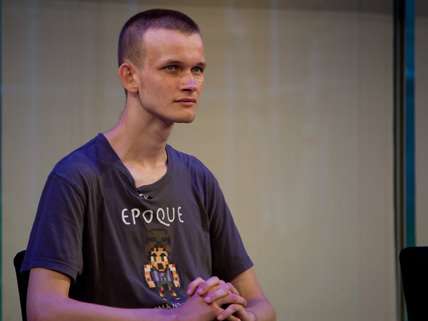One of the things that I’ve always liked about Star Trek, is the concept of a galaxy spanning civilization. I would expect that before we ever get to that point, we will have a civilization that spans our solar system. Having a solar system spanning civilization has many advantages. It would give us access to resources many times greater than what is found here on Earth. It also provides the opportunity for civilization to expand, and in a worst case scenario, help ensure the survival of humanity.
Millions of people living in spacious environmentally controlled cities on planetary surfaces and in rotating cylinders in free space, with industry that extends from Mercury to the comets is to me, a grand vision worthy of an ambitious civilization. But trying to make that vision a reality will be difficult. The International Space Station has the capacity to house just six people and cost approximately $100B to put in place. With a little simple division, that works out to about $17B per inhabitant! If we used that admittedly crude figure, it would cost $17 trillion to build a 1,000 person habitat in Earth orbit. Clearly, the approach we used to build the ISS will not work for building a solar system civilization!
The ISS model relies on building everything on Earth, and launching it into space. A different model championed by Dr. Philip Metzger, would develop industrial capacity in space, using resources close to home, such as from the Moon. This has the potential to greatly reduce the cost of building and maintaining systems in space. But how to develop that industrial capacity? Remember we can’t afford to launch and house thousands of workers from Earth. The answer it would seem, is with advanced robotics and advanced manufacturing.
But is even this possible? The good news is that advanced robotics and advanced manufacturing are already being rapidly developed here on Earth. The driver for this development is economics, not space. These new tools will still have to be modified to work in the harsh environment of space, and with resources that are different from what are commonly used here on Earth. While learning to adapt those technologies to the Moon and elsewhere in the solar system is not trivial, it is certainly better that having to develop them from scratch!
Continue reading “The Robotic Double-Edged Sword” »


 Quoted: “Ethereum’s developers believe their project will lead to the proliferation of programs they call “smart contracts,” in which the terms of an agreement are written in code and enforced by software. These smart contracts could carry out the instructions of a complex algorithm based on data feed—such as a stock ticker. They could facilitate practically any financial transaction, such as holding money in escrow or dispersing micropayments among autonomous machines. They could be used to create a peer-to-peer gambling network, a peer-to-peer stock trading platform, a peer-to-peer social network, a prenuptial agreement, a will, a standard agreement to split a dinner check, or a public registry for keeping track of who owns what land in a city.
Quoted: “Ethereum’s developers believe their project will lead to the proliferation of programs they call “smart contracts,” in which the terms of an agreement are written in code and enforced by software. These smart contracts could carry out the instructions of a complex algorithm based on data feed—such as a stock ticker. They could facilitate practically any financial transaction, such as holding money in escrow or dispersing micropayments among autonomous machines. They could be used to create a peer-to-peer gambling network, a peer-to-peer stock trading platform, a peer-to-peer social network, a prenuptial agreement, a will, a standard agreement to split a dinner check, or a public registry for keeping track of who owns what land in a city.








